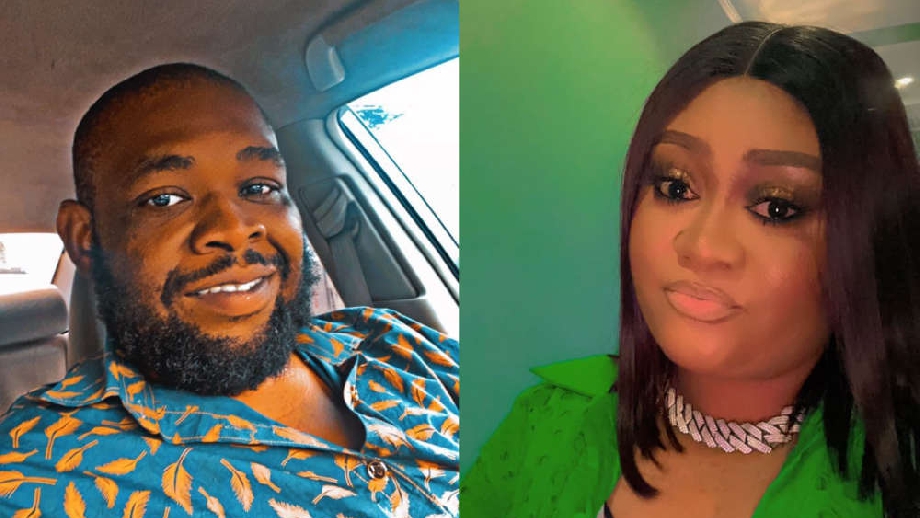
In recent times, concerns have risen about the role of native doctors in Nigeria, with some people accusing them of contributing to ritual killings and the surge in internet fraudsters through their active presence on social media. To understand the perspectives of these native doctors, we conducted interviews with individuals who maintain an online presence. One of our interviewees is Bertha Uche Nnaji, also known as Ezennwanyi Okitankwo, a high priestess of the Ofor Okitankwo tradition.
Ms. Nnaji, who hails from Akaloovo-Emikuku Owerri, Imo State, uses herbal remedies for divinations, restorations, and healing, engaging discreetly with her online followers on platforms like Facebook and WhatsApp. She defends the idea that native doctors promoting themselves online is not inherently wrong, considering the digital era we live in. She believes that, like pastors and Imams who utilize digital platforms for ministry, native doctors, integral to Nigerian religions, should enjoy the same privilege.
Furthermore, Ms. Nnaji emphasizes an Igbo saying, "Dibia anaghi enwe signboard," indicating that genuine native doctors should not need to advertise themselves, as their work's quality should speak through referrals and positive outcomes. She stresses that her motivation is not financial gain but a sincere desire to help people.
While appreciating native doctors' efforts in promoting African traditional religions and countering demonization by other faiths, she strongly condemns those who demand human sacrifices as barbaric and devoid of spiritual value. She dispels the myth that charms bring riches, citing that those who create such charms often live in poverty. Ms. Nnaji suggests that reported ritual killings may be linked to organ harvesting, a lucrative but disturbing trend. She also shares her journey into native medicine, initially resisting her calling due to fear but later fully embracing it in her early 30s.
Intriguingly, Ms. Nnaji highlights that some pastors, prophets, and prophetesses receive calls to become native doctors and choose to practice their divinations from a Christian perspective. She believes that humans control the gods' actions, and gods are not inherently evil. Just as there are good and bad pastors, there are also good and bad native doctors.
We also interviewed Valentine Ikegbunam, known on Facebook as "Husband Material," who specializes in herbal remedies for general wellness, fertility, and infections. Poverty and the desire to enhance general well-being motivated his entry into this business. Mr. Ikegbunam noticed people's reluctance to seek help for infections and saw the opportunity to promote traditional medicine online. Despite initial challenges, his business flourished due to referrals. He emphasizes that, like Christian and Muslim religions, traditional religions should have a digital presence to reach a global audience and preserve cultural heritage.
Mr. Ikegbunam firmly disapproves of human sacrifices and attributes their proliferation to the influence of Nollywood. He says many people often chat with him online requesting for rituals to be done for them to be wealthy, but he tells them that human rituals do not work.
Just like Ms. Nnaji, Mr. Ikegbunam encourages people to embrace their roots, ask questions, and connect with traditional religion to appreciate its beauty. He said that by dispelling myths and misconceptions, traditional doctors can help people discover the true essence of their heritage.


